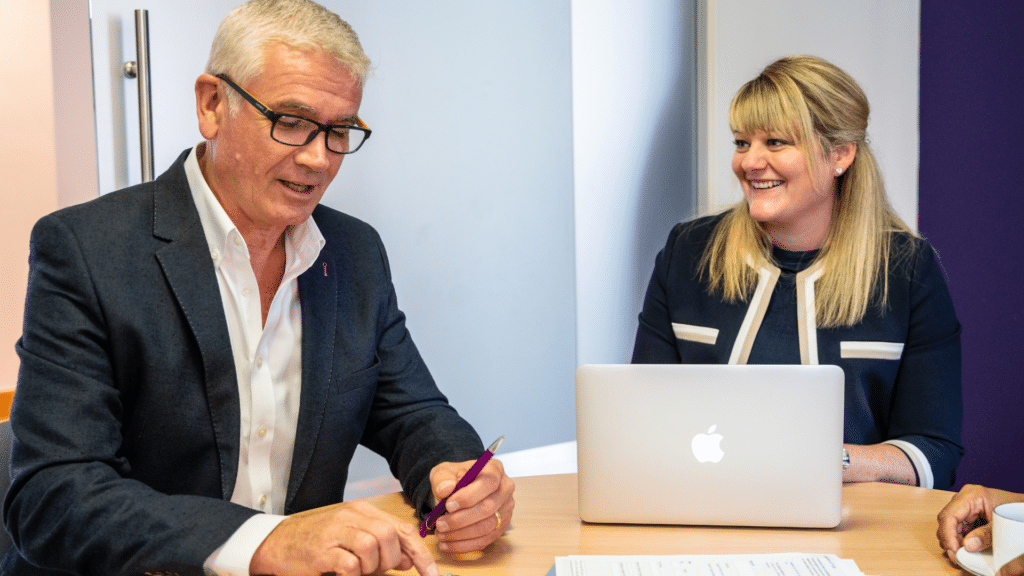4 Effective Strategies to Reduce Expenses with Your Divorce Lawyer
It is a fact of life that relationships can sometimes fail. Many people will need the support of a lawyer to help them navigate the divorce and financial settlement, and it is key to ensure that you get the best value for your money from your legal advisor during that process.
Nadia Davis, Director, and Head of Family Law in Birmingham provides some helpful tips below as to how you can help manage your legal costs and get the best out of your Solicitor.
- Make sure you give full and transparent information to your lawyer from the outset.
It goes without saying that to successfully reach an amicable settlement then full and complete financial information must be provided as part of the divorce process. Attempting to hide assets, dispose of them, or conceal vital information is an invitation to costly Court proceedings rather than reaching a sensible agreement outside of Court. Giving your lawyer the best possible information allows them to give you clear advice as to the likely range of orders and steer you towards an early settlement. Make a detailed list of your assets and get your financial records in good order.
That information will be needed by your lawyer when exchanging financial information with your spouse, and the more information you can obtain for your lawyer, for example in relation to the value of pension assets, the lower the cost will be for you. Do the preparation work yourself, and you will be charged less during the disclosure process.
2. In suitable cases, try to agree on the valuation of assets with your spouse.
For example, help your lawyer by obtaining market appraisals in relation to your home, and try to agree on a median figure for the purposes of negotiations. If there is a business, obtain a valuation from the Company Accountant at first instance to ascertain whether that might be a sensible figure for you both to work with during discussions. The cost of commissioning expert reports from Chartered Surveyors and Accountants can be significant, and if that expense can be avoided then this benefits everybody.
3. Consider whether Alternative Dispute Resolution might assist.
In many cases, it may be possible to reach your own agreement through a referral to Mediation, by instructing a trained Collaborative lawyer to try to negotiate a settlement through a series of round table meetings outside the Court process, or through a series of round table meetings between your Solicitors. There are also the options of Arbitration or private Financial Dispute Resolution hearings. Find a lawyer who can explore which would be the best approach in your case. The court should be a last resort.
4. Keep your engagement with your lawyer limited to sharing any information with them that is necessary to progress or advance your case.
Most lawyers will charge you by recording time for working on documents, reading, and sending emails, and attending meetings. Use their time and expertise wisely. Whilst all experienced Family practitioners will be happy to give you support during what is a difficult and stressful time, consider whether it is legal advice you need, or whether attending counselling or therapeutic support might instead be a better use of your resources.
Thursfields Family Law specialists will guide you to find the right option for your personal circumstances. Contact Nadia Davis on 0345 207 372 8 or at info@thursfields.co.uk




